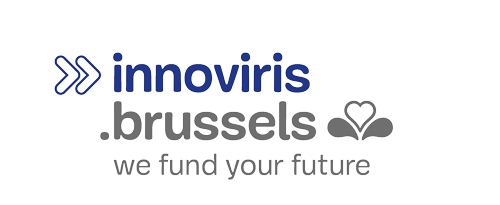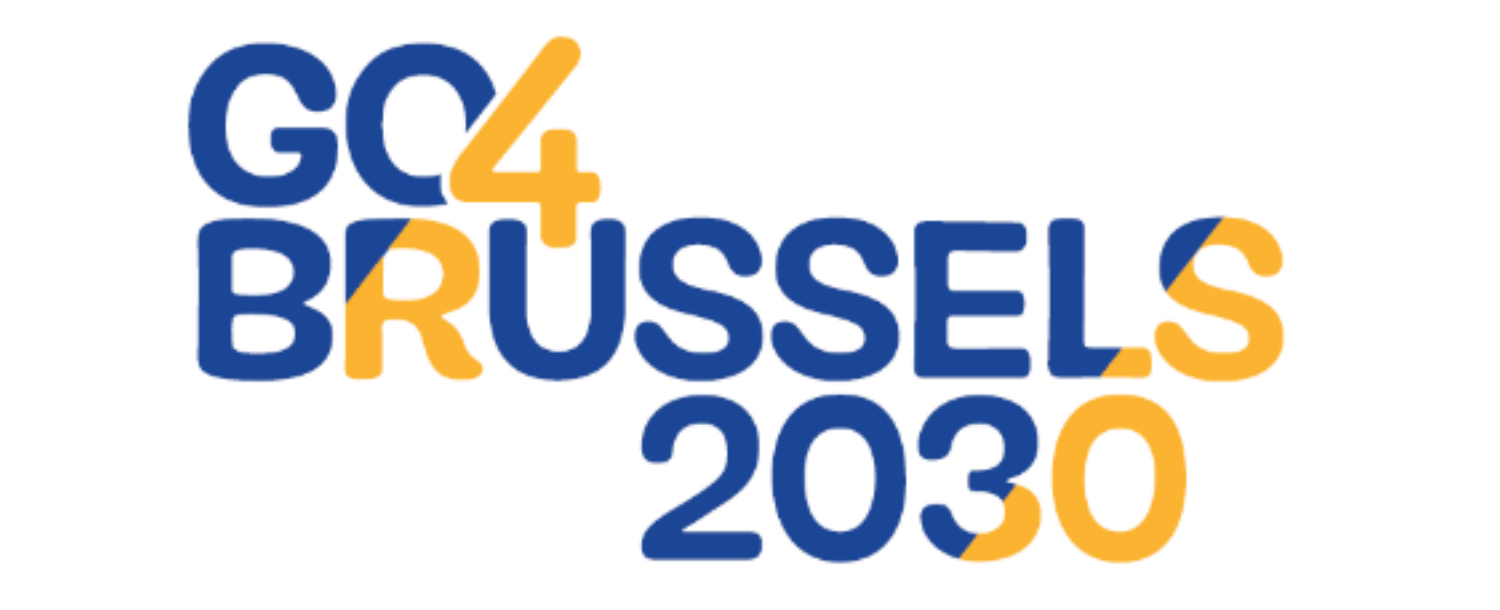The circular economy
The circular economy is an economic exchange and production system that aims to “make the use of resources more efficient and reduce their environmental impact at every stage of the product lifecycle (goods and services), whilst improving the well-being of individuals”.
The circular economy also aims to drastically reduce the amount of resources wasted at source, at the same time reducing the environmental impact and improving well-being. To the greatest extent possible, it will develop at the local level by creating value chains that cannot easily be outsourced.
This definition of the all-encompassing circular economy develops a vision of the structural transformation of the Brussels economy into a low-carbon economy that creates local jobs and produces added value for the people of Brussels, whilst also respecting their environment and quality of life.
Specifically, at the urban level, this can encompass all of a city’s economic activity:
BREF
- The production, transformation and sale of local products which consume few resources, have a long lifetime and only make a minor impact on the environment (eco-design);
- A service offering which encourages the optimisation of the use of a product by consumers rather than its acquisition, either by a service business (functional economy), or by services provided between consumers themselves (sharing economy);
- The optimisation of resource recovery through economic activities based on repairing, re-using and recycling (the 3 ‘R’s);
- The exchange of resources and waste between economic activities in a given territory with the aim of recovering and optimising resources (industrial ecology);
- A value chain as integrated as possible at the territorial level using local resources, which benefits local consumers and local employment (short circuits).








